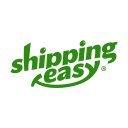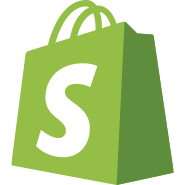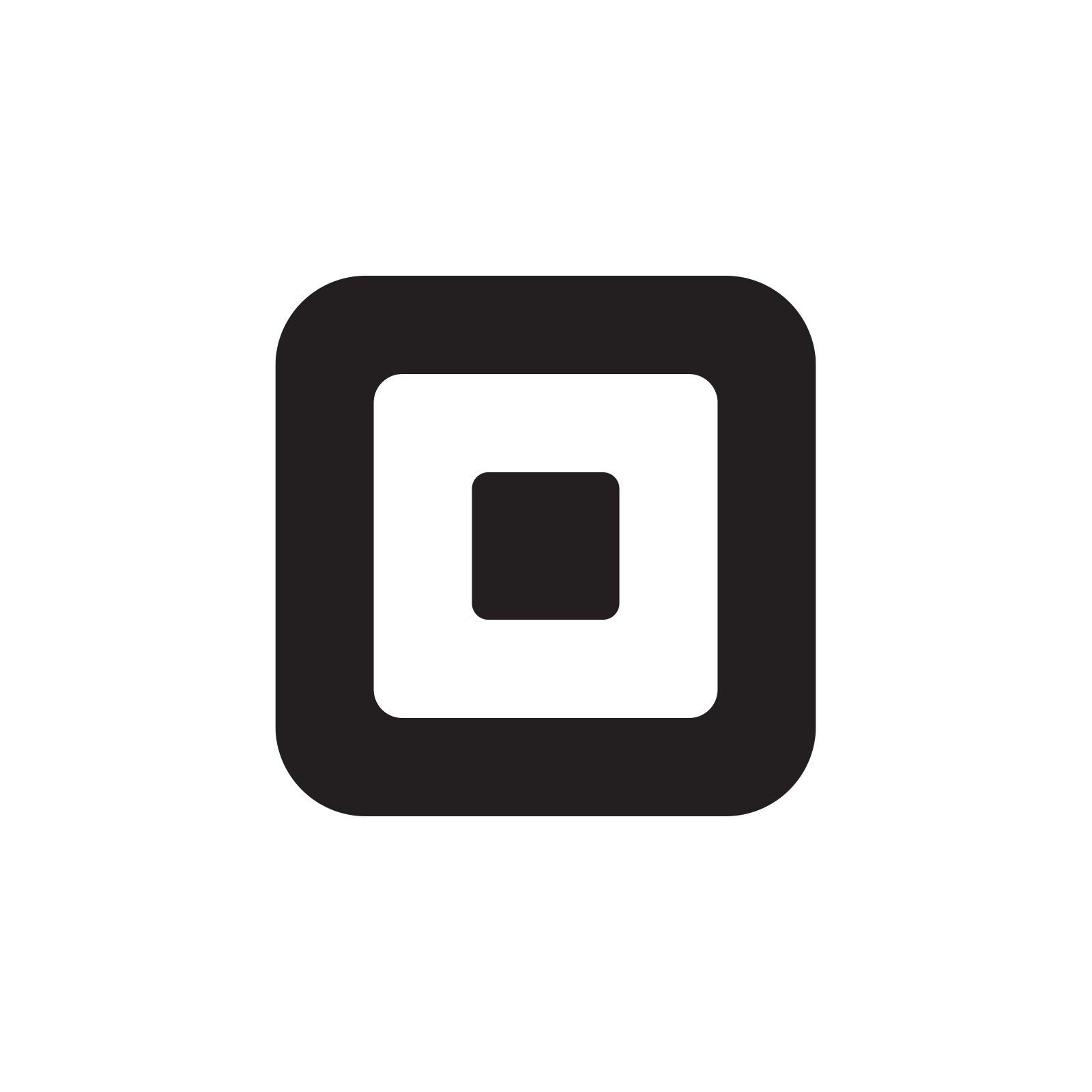How I Started A Benefit Corporation Earning $5K/Month
Hello! Who are you and what are you working on?
Hi, I’m Tippy Tippens, Chief Eternal Optimist at Goods that Matter.
The basis for the company is that all of our goods are made of eco friendly materials, in the U.S., and give back to social or environmental causes. Each product poetically ties to the partner cause, for example notebooks that give to education, blankets that give to disaster relief, etc.
It all started with a black, bird-shaped soap that contains a smaller, white ceramic bird at its center, symbolic of going oiled to clean, which raises funds for BP Oil Spill Cleanup. I got my start on Kickstarter to make the first batch and then was inspired to start the company.
To date, Goods that Matter has donated 31K to date and is the first Benefit Corporation in the state of Louisiana. I’m also honored to be in the GOOD 100, named as 1 of 100 people pushing the world forward.
Benefit Corporations are now available to businesses in 34 states - this business...

Download the report and join our email newsletter packed with business ideas and money-making opportunities, backed by real-life case studies.

Download the report and join our email newsletter packed with business ideas and money-making opportunities, backed by real-life case studies.

Download the report and join our email newsletter packed with business ideas and money-making opportunities, backed by real-life case studies.

Download the report and join our email newsletter packed with business ideas and money-making opportunities, backed by real-life case studies.

Download the report and join our email newsletter packed with business ideas and money-making opportunities, backed by real-life case studies.

Download the report and join our email newsletter packed with business ideas and money-making opportunities, backed by real-life case studies.

Download the report and join our email newsletter packed with business ideas and money-making opportunities, backed by real-life case studies.

Download the report and join our email newsletter packed with business ideas and money-making opportunities, backed by real-life case studies.


























